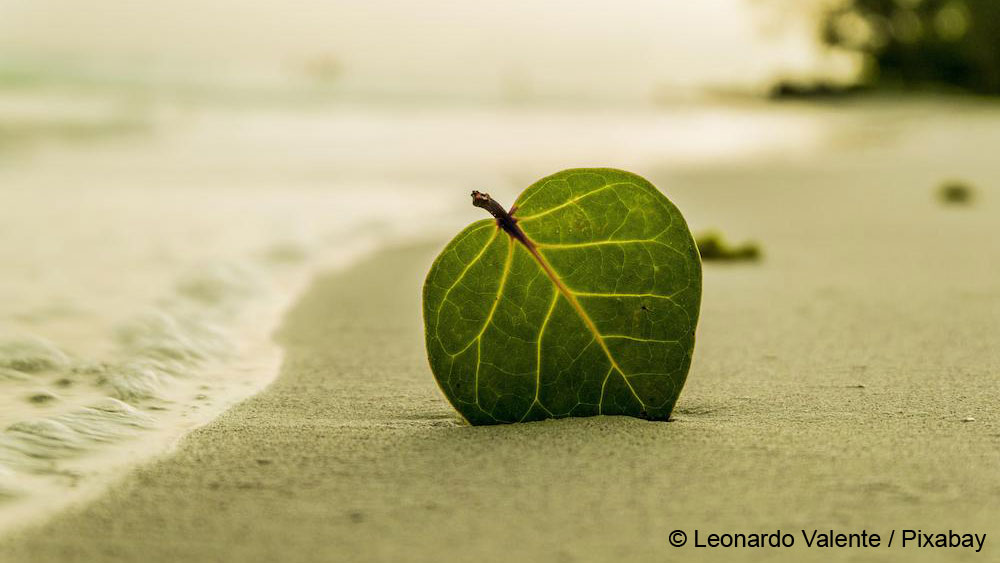Climate change is creating new challenges for the Caribbean region, with sea level rise, and increased extreme weather events putting thousands of livelihoods at risk. At the same time, coral reefs are degrading due to climate change. These essential ecosystems hold close to 25% of the world’s marine life, and act as a natural barrier slowing down waves, reducing extreme weather events´ effects.
Nature-based wastewater management system for Palau combining a septic system with a bioreactor garden
The natural environment around the Pacific islands is highly vulnerable to both natural and human impacts. The current methods used for wastewater management have shown negative impacts on freshwater quality, and have been associated with increased algal blooms, dying coral, and decreasing numbers of marine life.
Developing and restoring mangrove habitats using dredged sediments
This first of its kind approach in South America aims to create 50 hectares of mangrove habitats in the Gulf of Guayaquil, Ecuador through the reuse of dredged materials.
Dredging is used to clear away sediment deposits that have accumulated in lakes, rivers, channels, and harbours around the world.
Sustainable shrimp farming in Indonesia
Shrimp aquaculture does not have to have a negative impact on ecosystems. When properly implemented, it presents a resilient income stream in regions with little alternative economic opportunities while protecting and restoring biodiversity.
Blue carbon in Zanzibar
Terra Global is structuring a project to conserve > 16,000ha of mangrove forests on the Zanzibar islands of Pemba and Unguja.
Blue Carbon in Kenya
The Wildlife Conservation Society is working with Kenya Marine and Fisheries Research Institute in pioneering a project aimed at generating carbon credits from seagrass beds in Kenya.


